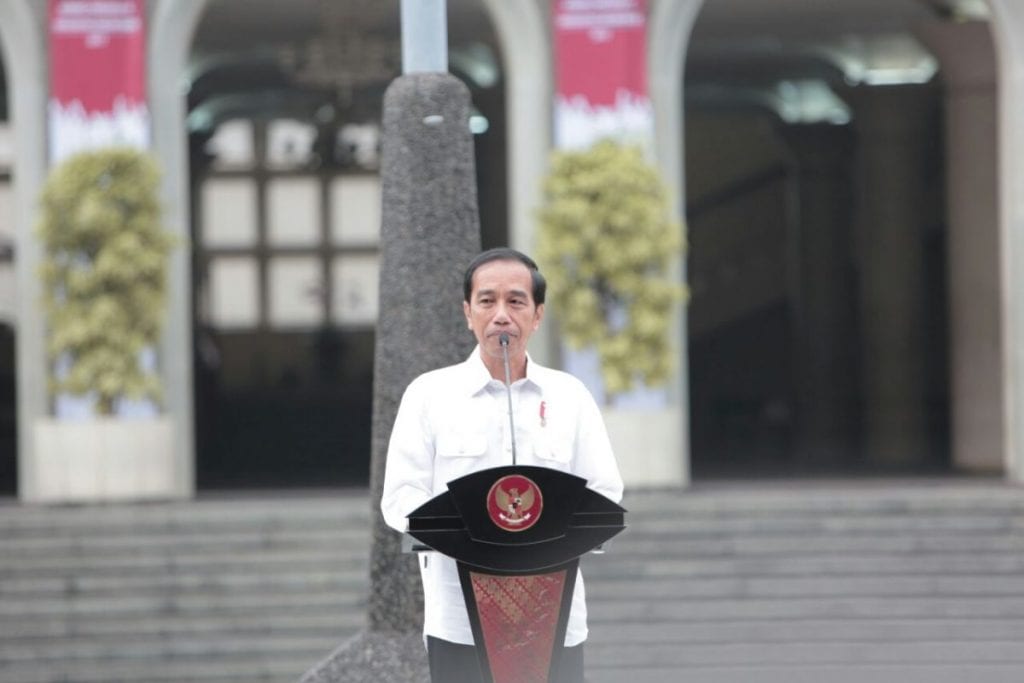
Rapid movement of globalization brings constant challenges for Indonesia. Challenges such as group conflicts, proxy war, terrorism and radicalism, fake news, political issues, and foreign ideological influence could potentially cause ideological shift and disunite the country.
Head of CPS, Dr. Agus Wahyudi stated that forming a sense of nationalism is a never-ending process that requires work, commitment, and action from all of us as citizens. Through the Congress on Pancasila, we aim to strengthen community networks to build and sustain the national unity as well as contributing to the preservation of Pancasila values.
Congress on Pancasila is an annual event hosted by different universities in Indonesia. Each congress brings up different topics every year, but there is a common line that conceptually and practically connects across the congresses. The 10th Congress on Pancasila, hosted by UGM on 15-16 August 2019, emphasized strategies for civilizing Pancasila values and offered insights and solutions to problems occurring at the local, national, and global scales. This event was attended by Vice President of Indonesia Jusuf Kalla, Minister of Communication and Informatics Rudiantara, Sri Sultan Hamengkubuwono X, and 411 people from the public community. 141 participants presented papers on three sub-topics: (1) challenges and harmony of religion in association with Pancasila values; (2) dynamics of Pancasila as a uniting ideology that preserves national identity; (3) Pancasila in the era of industry 4.0 and the challenges facing the millennial generation.
Previous Congresses on Pancasila in 2018 and 2017 were held at UGM as well. A number of government members came to these events including President Joko Widodo, Minister of Research, Technology, and Higher Education Mohamad Nasir, Minister of Education and Culture Muhadjir Effendy, Minister of State Secretariat Pratikno, and Sultan Hamengkubuwono X.
These congresses have led to recommendations for the government’s reference. The declaration and papers are inseparable parts from the recommendations, some of which can be accessed here

